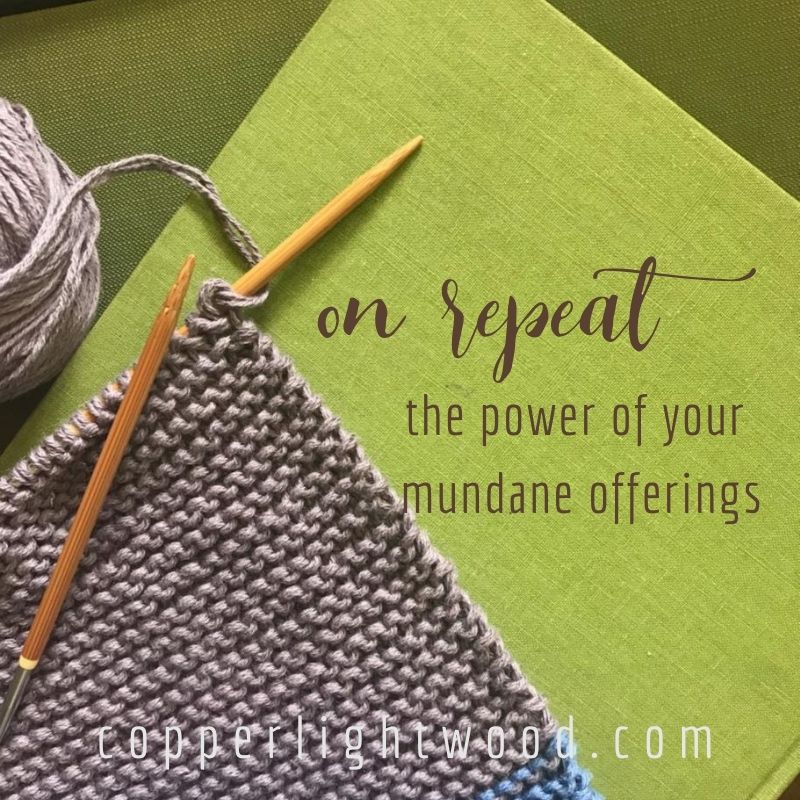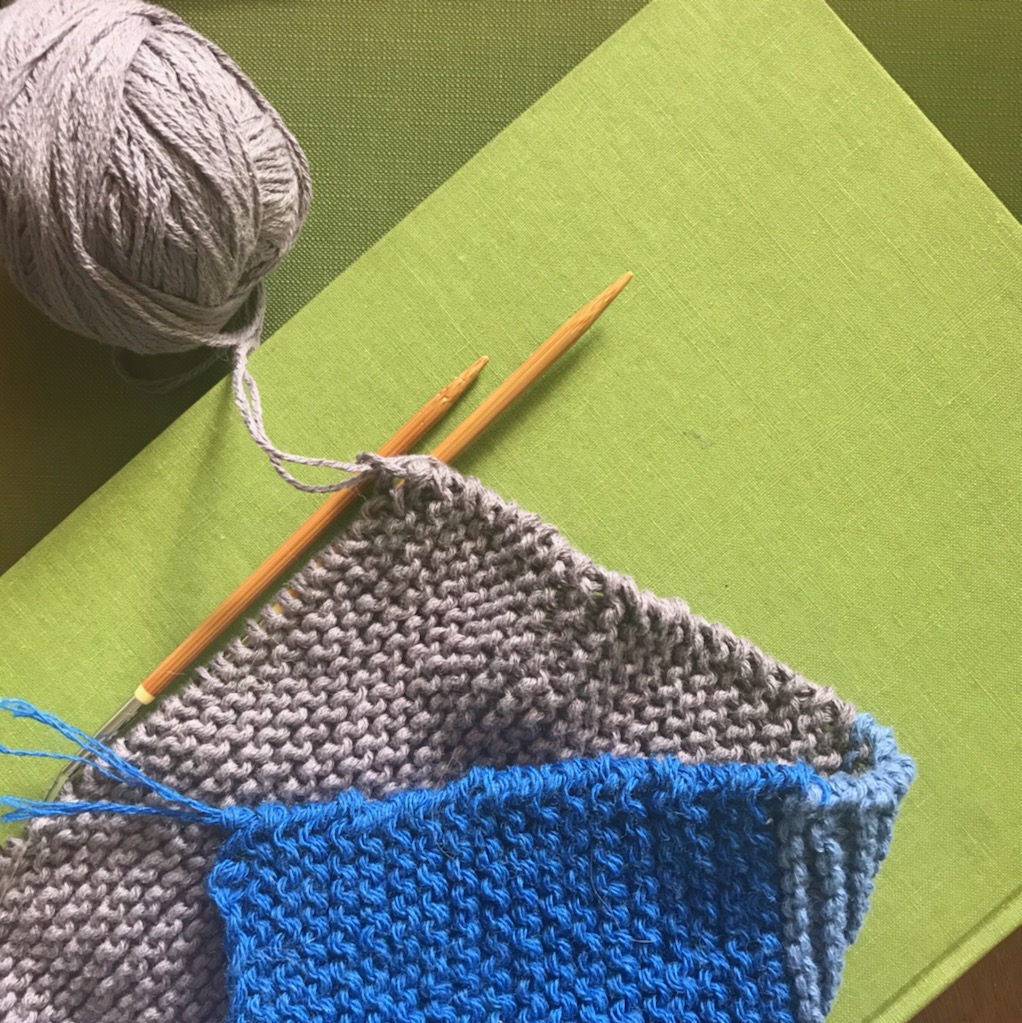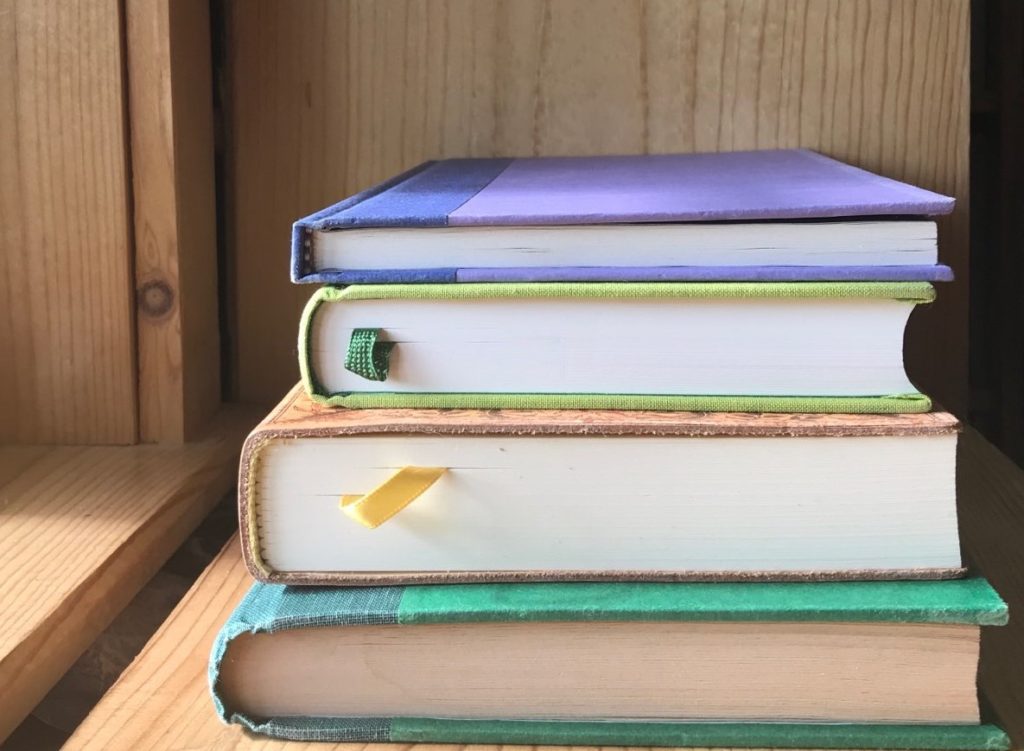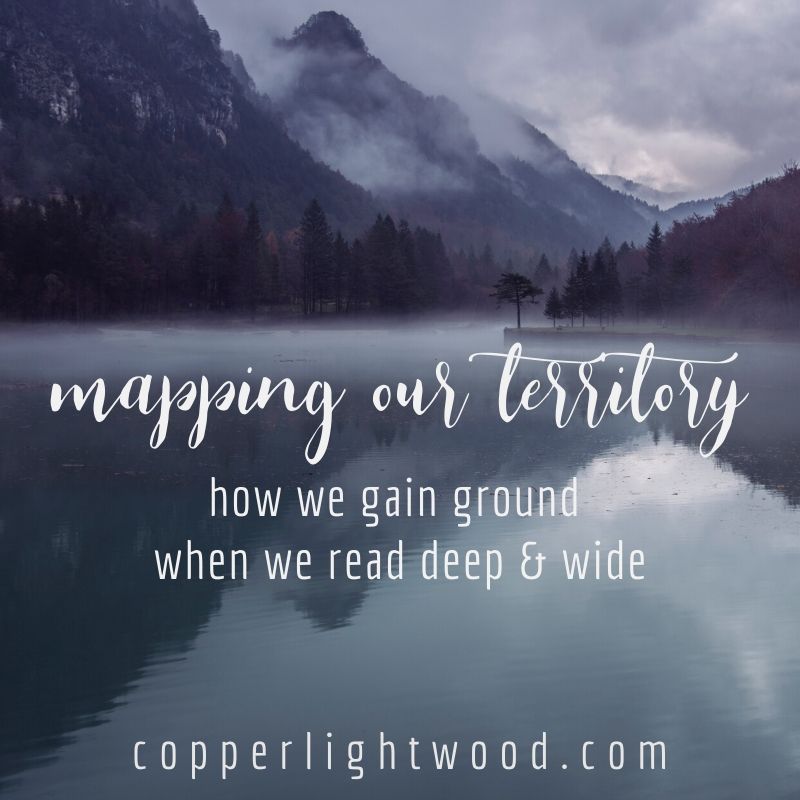Over the last week with few exceptions, I’ve posted nothing on social media except scripture. I haven’t wanted to add to the noise. He has good things to say about this season, and that’s what I’ve wanted to focus on and draw attention to.
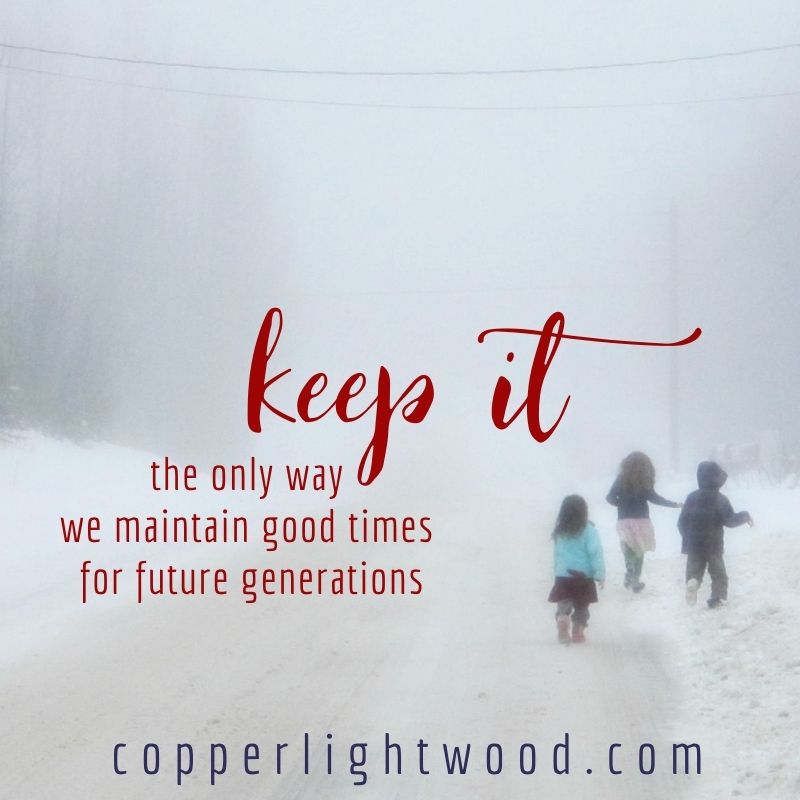
It’s been an interesting experiment and a good move for me, sort of like a fast.
Fret not yourself because of evildoers;
be not envious of wrongdoers!
For they will soon fade like the grass
and wither like the green herb.Trust in the Lord, and do good;
dwell in the land and befriend faithfulness.– Psalm 37:1-3
It’s been Psalm 37 all week long. But if you’re paying attention (I know many of you are) you know that really, it’s been Psalm 37 for much longer than that. The events over the last few weeks, and even leading up to election week in November, weren’t huge surprises and they’ve been in the making for a long time.
Be still before the Lord and wait patiently for him;
fret not yourself over the one who prospers in his way,
over the man who carries out evil devices!Refrain from anger, and forsake wrath!
Fret not yourself; it tends only to evil.
For the evildoers shall be cut off,
but those who wait for the Lord shall inherit the land.– Psalm 37:7-9
On January 6th, we took the day off work and prayed. And then we went to church and prayed. Our pastor talked candidly about the risk of civil war, and I’ve thought many times about how we are facing this blend of civil and revolutionary war – civil because it is among our own countrymen, but revolutionary because of the cause and the nature of it. But our pastor also talked about the grievous things it could mean for our kids and future grandkids, and I had not fully considered it in that vivid light.
Then one of the elders prayed, and he repented for his generation that allowed so much of this to happen. They were comfortable, he said; things were easy. And they took advantage of it, and the generation that came after took the ease and comfort for granted.
It made me think of this saying that I’ve been hearing a lot over the last year:
Hard times create strong men.
Strong men create good times.
Good times create weak men.
Weak men create hard times.
And it’s so true, I know it is, but surely we must be able to break the cycle. Because if we can’t, everything seems so hopeless – why should we work to create good times if it only results in weak men who ruin it for our great grandchildren?
Or worse, there’s that other argument we hear all too often: Why bother bringing children into the world at all?
But then, the same week, I also read this:
“What sort of world is this to bring them into? That’s another consideration.”
“A very cowardly consideration, dear. A mere shirking of responsibility. It’s a heavy responsibility, of course, a double one, responsibility for the children themselves and responsibility for the world they must live in. But I know of no better incentive for the building of a decent world than the possession of children who must live in the world you’ve built.”
– Elizabeth Goudge, Pilgrim’s Inn
God creates a beautiful, strategic curriculum for our lives: The warnings and repentance, the prayer and the challenge. And I realized again that we are not headed for war; we are already at war.
We always have been. But we lose ground every time we forget it.
What hasn’t changed is that we are occupying the land of a cleanup operation: We are in the middle of a spiritual war in a physical place, and it manifests itself in both ways. We see the spiritual and physical aftermath all around us.
So even when we get back to “good times” – the corruption is revealed, the fraud is overturned, the guilty go to prison (hashtag: we’re gonna need a bigger Gitmo) – we still need to remember that we are at war. We are always at war. Our hearts and culture are the battleground, and never more so when it looks like things are safe and easy.
We are still occupying and stewarding the land, on mission, until He comes.
There are quiet victories and struggles, great sacrifices of self, and noble acts of heroism, in it…done every day in nooks and corners, and in little households, and in men’s and women’s hearts – any one of which might reconcile the sternest man to such a world, and fill him with belief and hope in it, though two-fourths of its people were at war, and another fourth at law; and that’s a bold word.
– Charles Dickens, The Battle of Life
People’s hearts – ours, and those around us – are always and still the battleground. Hearts and identities and relationships will always need wholeness and fullness, in good times and bad, and that is where God wants to stake His claim. We till the soil regardless of the weather and circumstances because strong men create good times, but strong men can also create strong children. And those strong children will continue to inherit the land.
There were still children in the world, and while there were children, men and women would not abandon the struggle to make safe homes to put them in, and while they so struggled there was hope.
– Elizabeth Goudge, Pilgrim’s Inn
When the Constitutional Convention closed in 1787, Benjamin Franklin was leaving Independence Hall when a woman asked him what kind of government they had just designed. His answer was, “A republic, if you can keep it.”
And that is still our challenge today.
Turn away from evil and do good;
so shall you dwell forever.
For the Lord loves justice;
he will not forsake his saints.
They are preserved forever,
but the children of the wicked shall be cut off.
The righteous shall inherit the land
and dwell upon it forever.– Psalm 37:27-29
In good times or hard times, we are still loving our kids and teaching them. We are still learning more and growing. We are still passing on values and standards and true education. We are still in the Word and abiding in prayer. We cannot let up and grow soft when times are easy, and we cannot let go and become calloused when times are hard.
The only way we do that is to remember that the war is never over – it is always raging in the spiritual battleground. We are not only meant to inherit the land, but to keep it.

